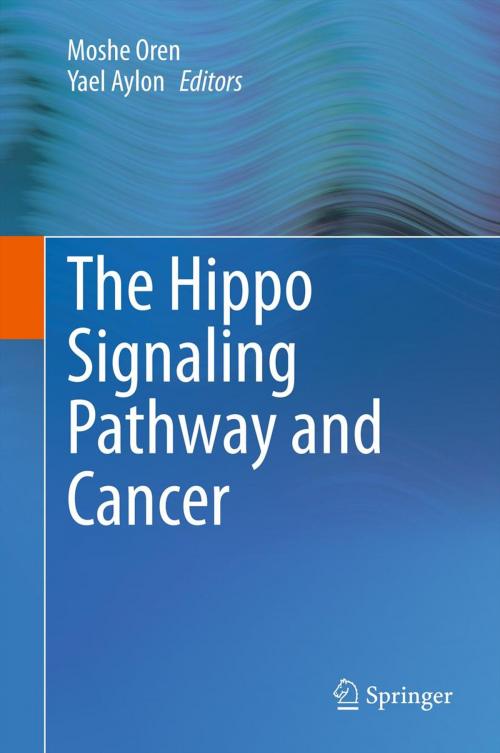The Hippo Signaling Pathway and Cancer
Nonfiction, Science & Nature, Science, Other Sciences, Molecular Biology, Health & Well Being, Medical, Specialties, Oncology| Author: | ISBN: | 9781461462200 | |
| Publisher: | Springer New York | Publication: | March 19, 2013 |
| Imprint: | Springer | Language: | English |
| Author: | |
| ISBN: | 9781461462200 |
| Publisher: | Springer New York |
| Publication: | March 19, 2013 |
| Imprint: | Springer |
| Language: | English |
The Hippo signaling pathway is rapidly gaining recognition as an important player in organ size control and tumorigenesis, and many leading scientists are showing increased interest in this growing field and it's relation to cancer. The chapters in this volume cover virtually all aspects of tumor biology, because members of the Hippo Pathway have been associated with numerous well-established cell signaling pathways, just to name a few; Ras, Wnt, TGFbeta and p53. Moreover, Hippo signaling is not solely involved in regulating “classic” tumor characteristics such as cell proliferation, survival and growth, but is also diversely involved in cell-autonomous and non-cell-autonomous differentiation, migration and organ size control. The primary audience are researchers interested in basic science in the areas of tumor suppression, cell cycle and size regulation, development and differentiation.
The Hippo signaling pathway is rapidly gaining recognition as an important player in organ size control and tumorigenesis, and many leading scientists are showing increased interest in this growing field and it's relation to cancer. The chapters in this volume cover virtually all aspects of tumor biology, because members of the Hippo Pathway have been associated with numerous well-established cell signaling pathways, just to name a few; Ras, Wnt, TGFbeta and p53. Moreover, Hippo signaling is not solely involved in regulating “classic” tumor characteristics such as cell proliferation, survival and growth, but is also diversely involved in cell-autonomous and non-cell-autonomous differentiation, migration and organ size control. The primary audience are researchers interested in basic science in the areas of tumor suppression, cell cycle and size regulation, development and differentiation.















